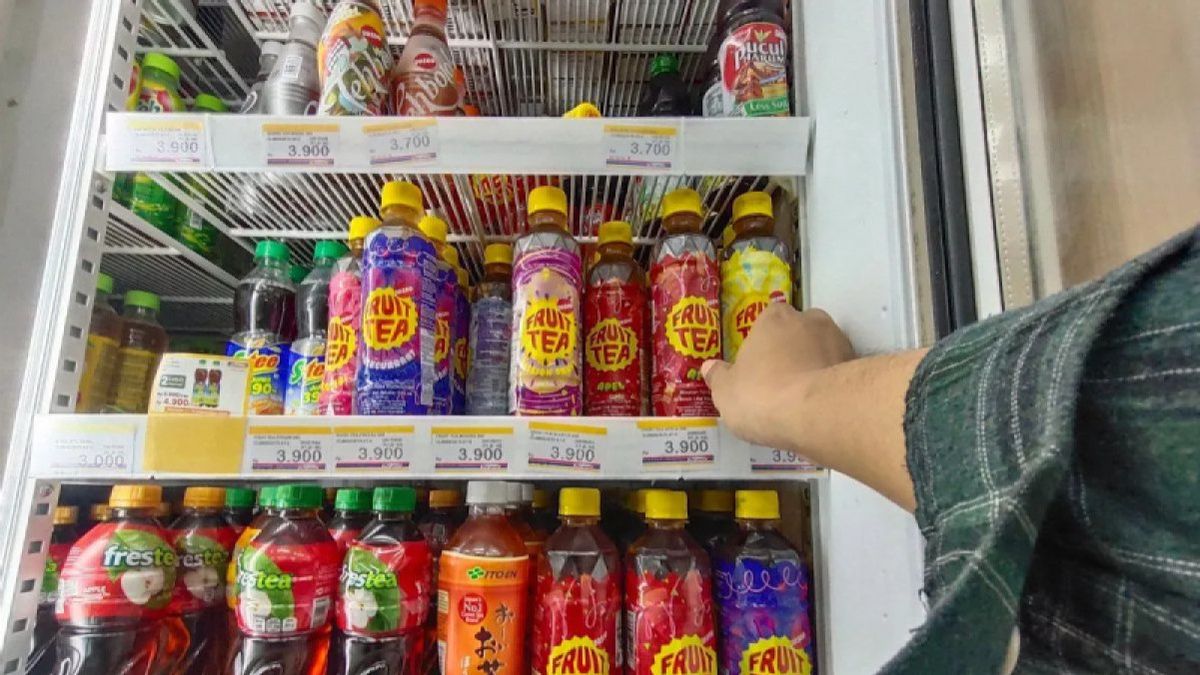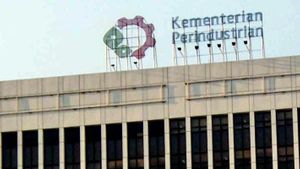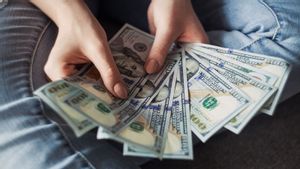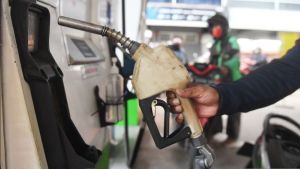JAKARTA - The Ministry of Finance (Kemenkeu) and the Ministry of Health (Kemenkes) are still targeting packaged packaged container drink excise (MBDK) to be implemented this year.
The proposed excise tariff scheme for sweetened drinks is IDR 1,771 per liter.
The Director General of Agro Industry at the Ministry of Industry (Kemenperin) Putu Juli Ardika explained that the figure was obtained after calculating the average ASEAN member country that had implemented MBDK excise.
Even so, the Ministry of Industry assesses that the implementation of excise is ineffective and will hit the industry.
The ASEAN countries that have implemented MBDK excise are Brunei Darussalam, Malaysia, Thailand, the Philippines, Cambodia and Laos.
The highest MBDK excise value is applied in Brunei Darussalam, which is IDR 4,538 per liter, while the lowest is found in Laos worth IDR 247 per liter.
"The imposition of excise applies to MBDK which contains more than 6 grams of sugar per 100 milliliters without additional sweetener material," said Putu in the agenda of the Working Committee Meeting (Panja) for Supervision of Food & Food Products Ready to Be Saji with the Fat Salt Sugar Content Commission IX DPR RI at the Parliament Complex, Jakarta, Monday, July 1.
Putu estimates that the implementation of MBDK excise worth IDR 1,771 per liter will push the price of beverage products up to 15 percent.
Thus, demand for the beverage industry has the potential to decrease to 16.35 percent when the MBDK excise is implemented.
According to him, the application of MBDK excise is ineffective in reducing the number of people with diabetes and obesity.
This was conveyed after seeing the impact of the implementation of sugar excise on three countries, namely Mexico, England and Australia.
He said Mexico had been implementing sugar excise since 2014. However, the obesity rate has continued to rise since 2017.
SEE ALSO:
In addition, the obesity rate in the UK peaked in 2017 after the implementation of sugar excise in 2016.
"Like Mexico, if we look at the obessity rate, it is still increasing. Likewise, it is implemented in the UK and Australia," said Putu.
Putu said, MBDK's contribution to the total calories of the domestic community was only 1.83 percent.
In addition, there has been a consensus stating that obesity and diabetes are caused by several things, such as lifestyle, consumption patterns to the level of physical activity.
"So, it is very inappropriate to blame packaged drinks as a cause of diabetes and obesity," he added.
The English, Chinese, Japanese, Arabic, and French versions are automatically generated by the AI. So there may still be inaccuracies in translating, please always see Indonesian as our main language. (system supported by DigitalSiber.id)
















